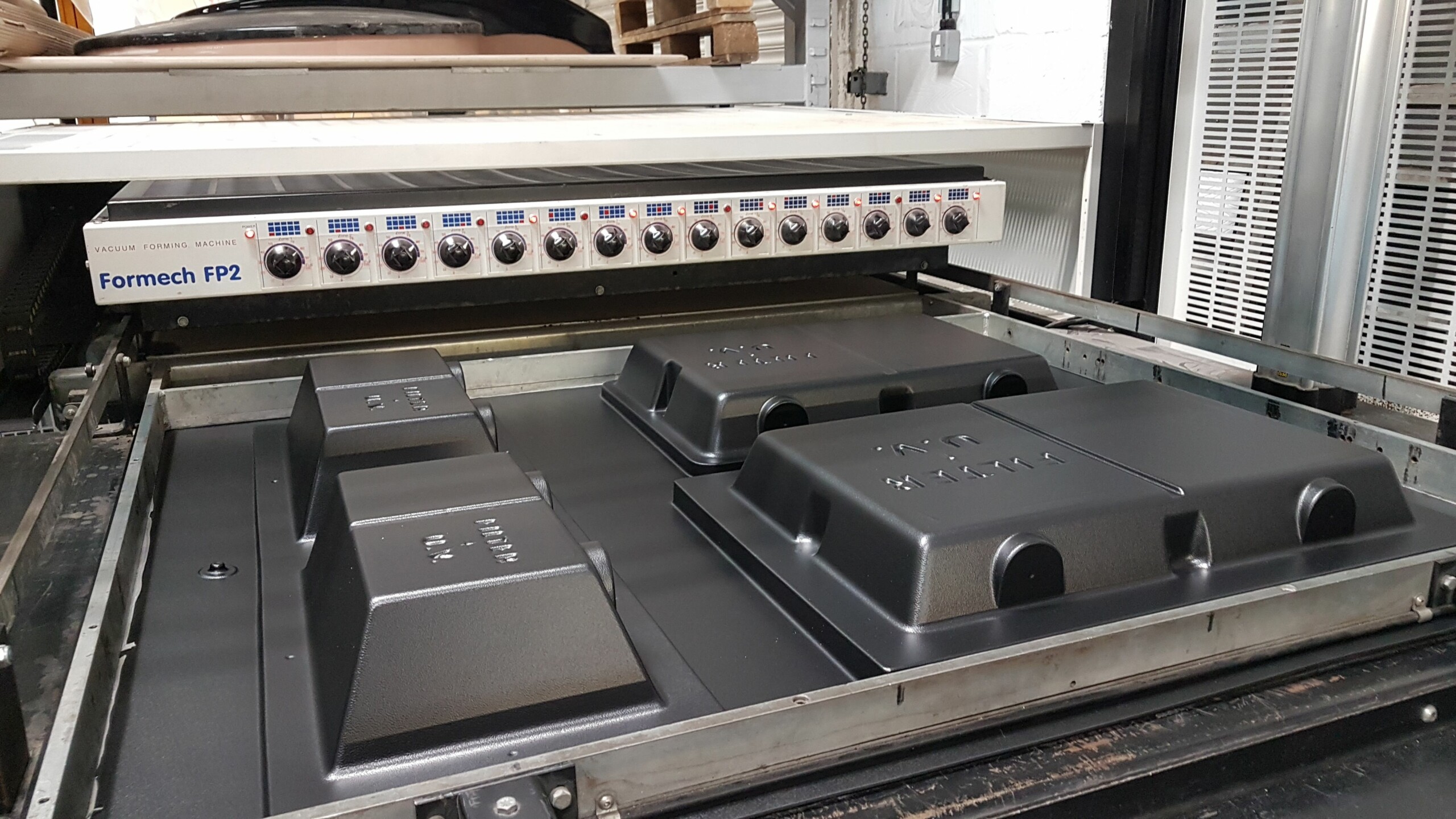Revolutionizing Manufacturing with Vacuum Forming
Revolutionizing Manufacturing with Vacuum Forming
Blog Article

One of the most common Vacuum Forming plastic fabrication methods, Vacuum forming is used to create a wide range of products by using heat and vacuum suction to shape thermoplastic materials over molds.
Vacuum Forming Procedure
The process starts with a plastic sheet being softened until it reaches the required forming temperature. Once the material is ready, it is draped over a pattern, and a vacuum is applied to draw the material tightly over the mold, ensuring the required shape.
Once molded, the formed part is set aside to cool before refining the excess plastic. The final product is then trimmed to remove unwanted material and finished for use.
Where Vacuum Forming is Used
This technique is widely used in diverse industries, including automotive, to produce specialized components. Some common products made using vacuum forming include:
- Automotive parts
- Clamshell containers
- Hospital trays
- Store signage
Benefits of Vacuum Molding
One of the biggest advantages of vacuum forming is its affordability. Other notable benefits include:
- Rapid production
- Low-cost tooling
- Versatile applications
- Strength-to-weight ratio
Final Thoughts
For businesses looking for an efficient plastic manufacturing solution, vacuum forming provides a practical option.
Report this page